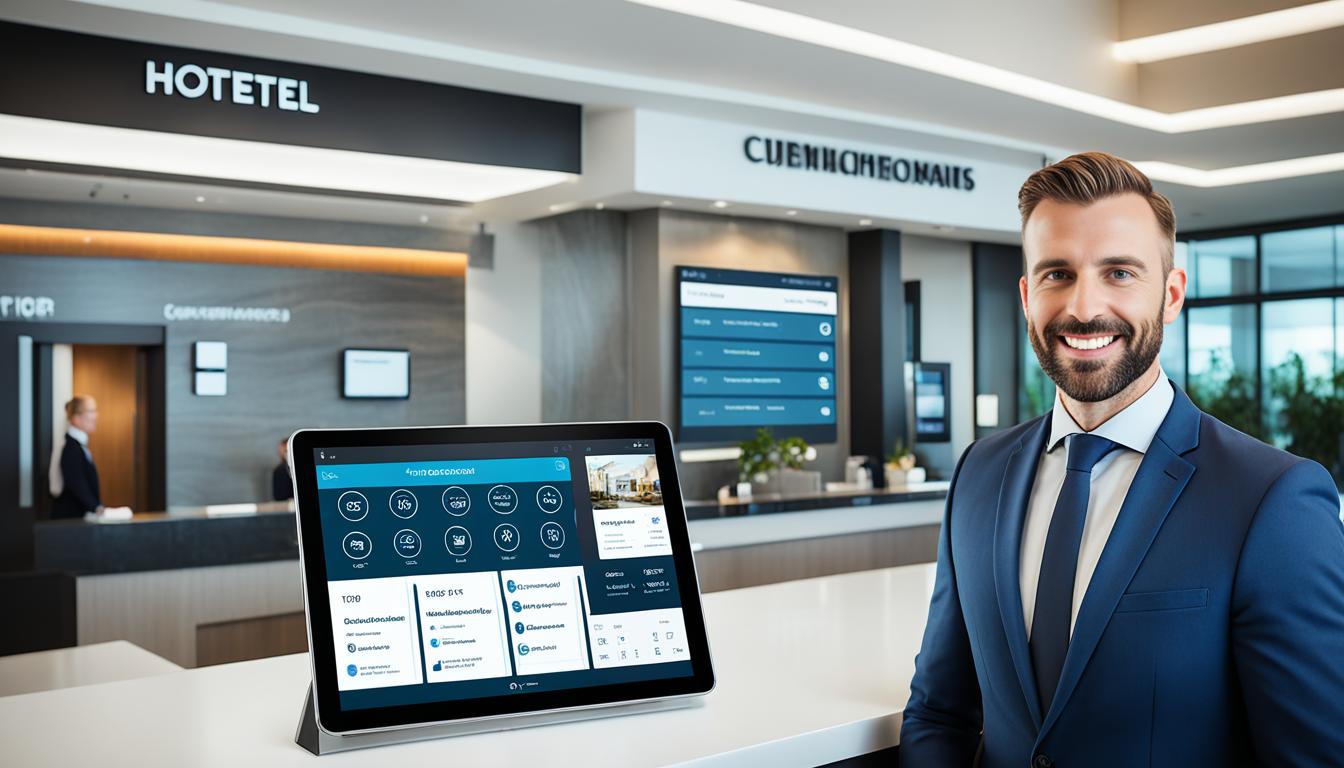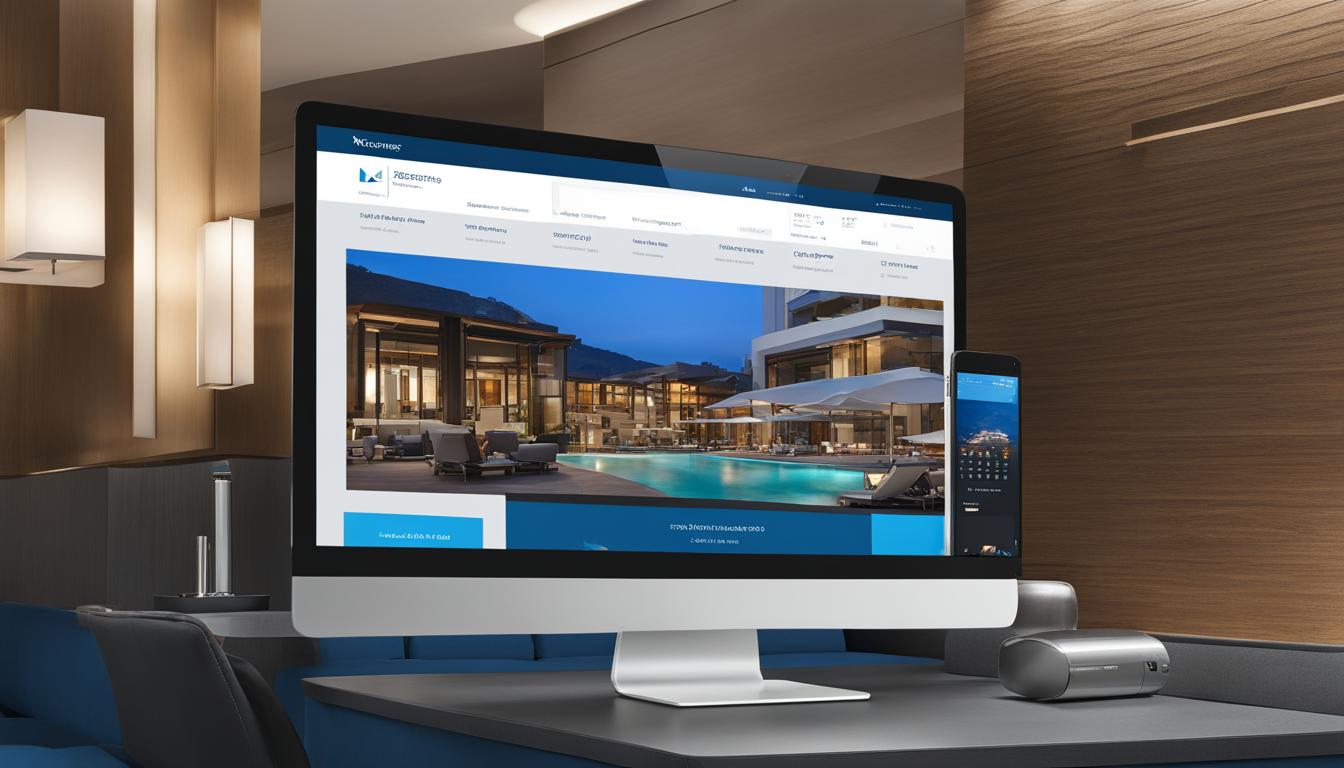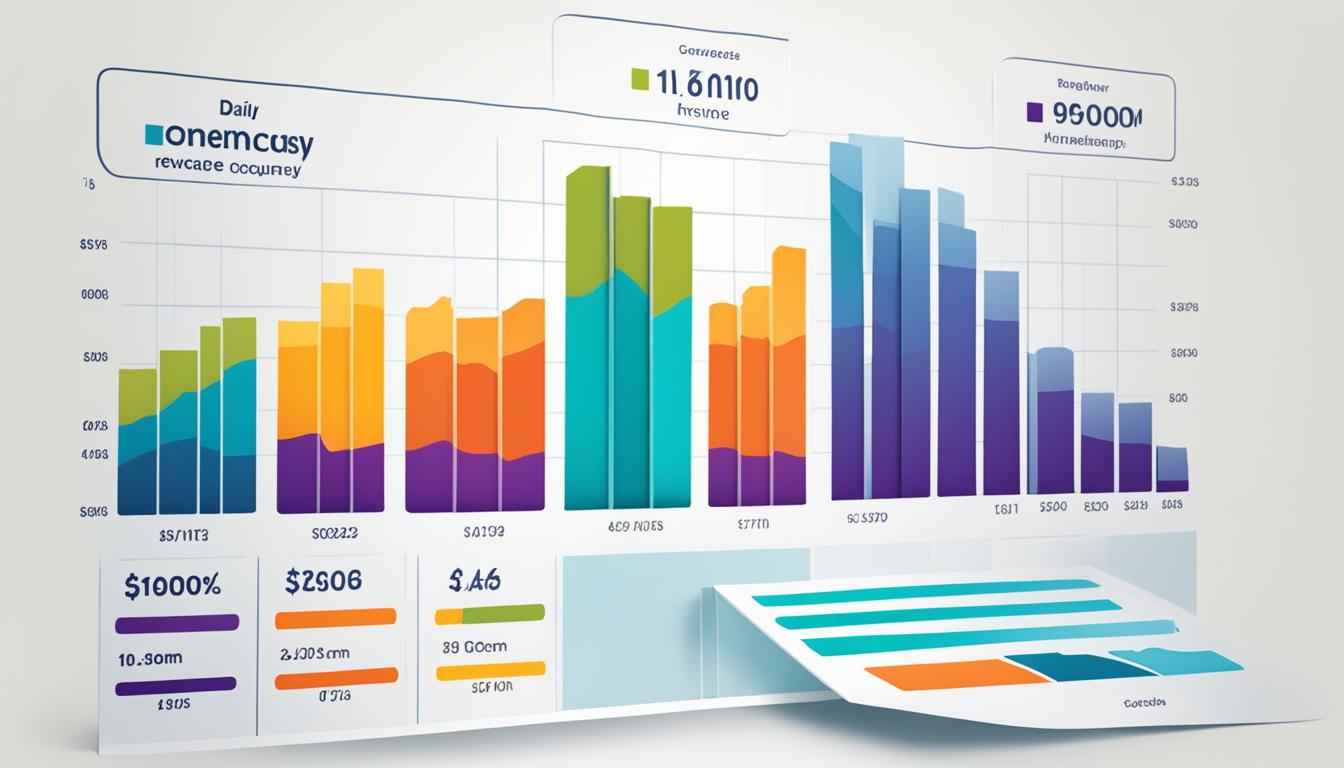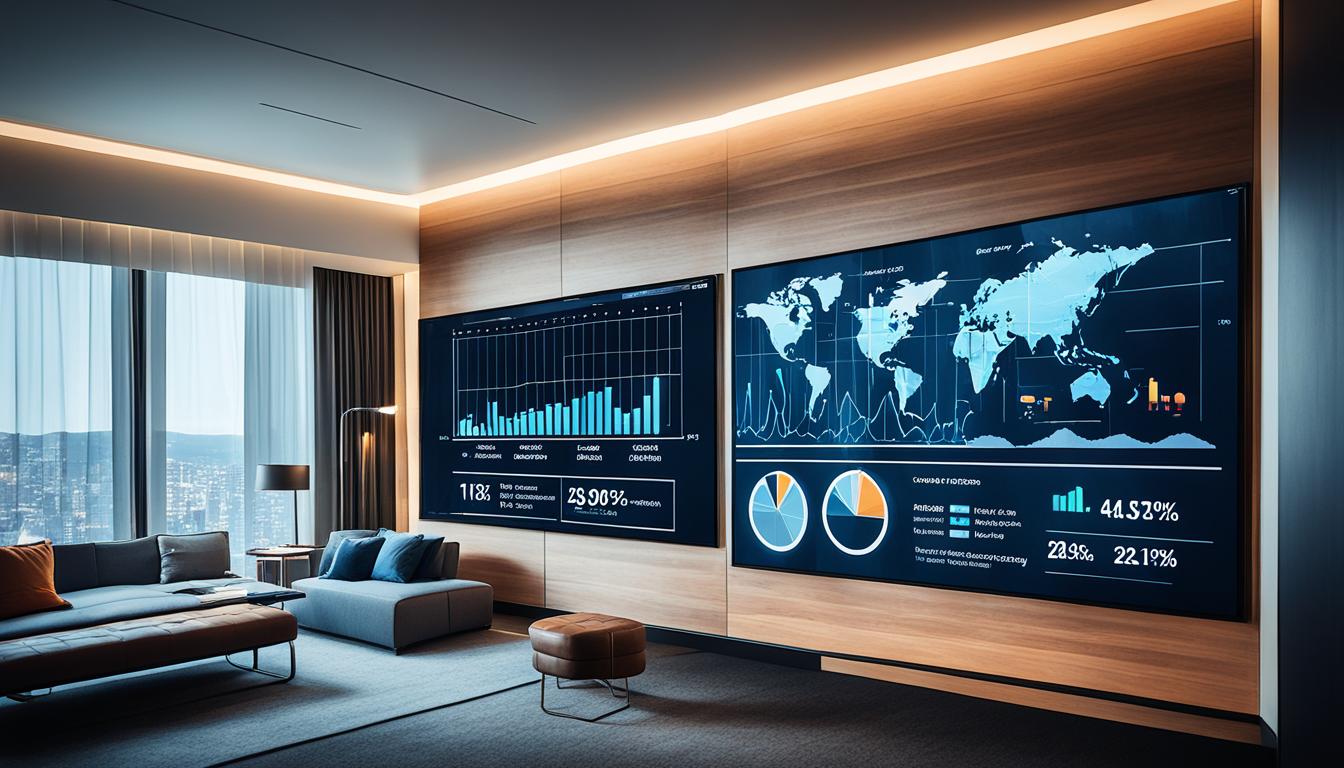Welcome to our comprehensive guide on crisis communication strategies for hotel managers. In today’s fast-paced and interconnected world, it’s crucial for hoteliers to be prepared for any unforeseen circumstances that may impact their business. Effective crisis communication can not only help mitigate the negative effects of a crisis but also maintain the reputation and trust of your hotel.
Throughout this article, we will delve into the key elements of a crisis communication plan specifically tailored for hotel managers. We will explore the importance of crisis communication, discuss the potential impact of crises on a hotel’s reputation, and provide practical tips for implementing effective strategies.
Image source:
Understanding the Importance of Crisis Communication
In today’s fast-paced and highly connected world, crisis situations can arise unexpectedly and have a significant impact on a hotel’s reputation. That’s why crisis communication is of utmost importance for hotel managers.
During a crisis, such as a natural disaster, security breach, or public health concern, effective communication becomes crucial. It allows hotel managers to proactively address the situation, provide timely information, and mitigate any negative effects on the hotel’s image.
When a crisis occurs, the reputation of a hotel is at stake. Negative publicity, rumors, and misinformation can spread rapidly, leading to a decline in customer trust and loyalty. This can ultimately result in financial losses and long-term damage to the hotel’s brand.
To minimize these risks, hotel managers must implement proactive communication strategies. This includes developing a well-defined crisis communication plan that outlines clear messaging, designated communication channels, and a crisis response team.
By having a crisis communication plan in place, hotel managers can swiftly respond to crises, providing accurate information to the public, guests, and employees. This helps maintain transparency, build trust, and protect the reputation of the hotel in times of adversity.
In addition to proactive communication, hotel managers should also monitor social media channels and online platforms to address any potential issues or concerns in real-time. Rapid response and engagement with customers can prevent misinformation from spreading and allow for effective reputation management.
Overall, understanding the importance of crisis communication is vital for hotel managers. By implementing proactive strategies and maintaining open lines of communication, hotel managers can effectively navigate crises, minimize the impact on their reputation, and safeguard the long-term success of their hotels.
Key Elements of an Effective Crisis Communication Plan
An effective crisis communication plan is essential for hotels to handle unforeseen events that can impact their reputation. By incorporating the following key elements into their plan, hotels can effectively manage crises and maintain trust with their guests.
Establishing a Crisis Response Team
One of the first steps in creating a crisis communication plan is to establish a dedicated crisis response team. This team should consist of key individuals from various departments within the hotel, including management, public relations, and operations. By designating specific roles and responsibilities, the crisis response team can efficiently coordinate communication efforts during a crisis.
Creating Clear Messaging
Clear and concise messaging is crucial during a crisis. Hotels should develop pre-approved statements or templates that can be quickly customized to address specific incidents. These messages should provide accurate information, address guest concerns, and assure them that the situation is being handled. By having a consistent and unified voice, hotels can effectively manage the flow of information and address any miscommunication or rumors that may arise.
Monitoring Social Media Channels
In today’s digital age, social media is often the first place where guests seek information and voice their concerns during a crisis. Hotels should actively monitor their social media channels to remain informed about guest feedback and address any issues promptly. By engaging with guests on social media platforms, hotels can demonstrate their commitment to transparency and customer satisfaction.
Conducting Regular Drills
To ensure preparedness, hotels should conduct regular crisis communication drills to test the effectiveness of their plan. These drills simulate various crisis scenarios, allowing the crisis response team to practice their roles and identify areas for improvement. By continually evaluating and refining their crisis communication plan, hotels can enhance their ability to handle unforeseen events and minimize the impact on their reputation.
By incorporating these key elements into their crisis communication plan, hotels can effectively navigate challenging situations and protect their reputation. A well-prepared and proactive approach ensures that hotels can maintain trust with their guests and demonstrate their commitment to providing a safe and secure environment.
Utilizing the Hospitality Management System by PlanetHMS
PlanetHMS offers a comprehensive hospitality management system that includes four essential tools: the hotel channel manager, hotel booking engine, hotel website builder, and hotel event manager software. These powerful solutions are designed to streamline operations and enhance communication for hotel managers in various aspects, including crisis management and reputation maintenance.
The hotel channel manager provided by PlanetHMS is a versatile tool that allows hoteliers to efficiently manage their online distribution. It enables seamless connectivity with numerous online travel agencies (OTAs), ensuring that room availability and rates are accurately synchronized across multiple platforms. This tool plays a vital role in crisis communication by enabling quick updates and maintaining consistent information across all channels, reducing the risk of miscommunication and reputation damage.
The hotel booking engine offered by PlanetHMS empowers hotels with a user-friendly and fully customizable online booking system. With its intuitive interface and advanced features, hotels can provide a seamless booking experience to their guests while maintaining control over inventory and rates. During a crisis, the booking engine becomes a crucial communication tool, enabling the hotel to convey important information to guests and manage reservations efficiently.
To establish a strong online presence and promote their brand effectively, hotels can leverage the hotel website builder provided by PlanetHMS. This tool allows hoteliers to create stunning and responsive websites that showcase the property’s unique features and amenities. During a crisis, the hotel website becomes a crucial communication hub, providing guests with essential updates, safety precautions, and alternative contact information. The hotel website builder ensures that this vital information is easily accessible to guests, helping to maintain trust and transparency.
Finally, the hotel event manager software by PlanetHMS simplifies the coordination and management of events and conferences within the hotel. From planning and resource allocation to guest registration and feedback collection, this tool streamlines the entire event management process. During times of crisis, the event manager software can be utilized to efficiently communicate any changes or cancellations to event organizers and attendees, minimizing disruptions and maintaining professional relationships.
With the comprehensive hospitality management system offered by PlanetHMS, hotel managers gain access to a range of powerful tools specifically designed to enhance crisis communication and reputation management. By utilizing the hotel channel manager, hotel booking engine, hotel website builder, and hotel event manager software, hoteliers can effectively navigate challenging situations while maintaining their brand integrity and guest satisfaction.
Implementing Effective Crisis Communication Strategies
Implementing crisis communication strategies is essential for hotel managers to effectively navigate challenging situations. By following practical tips and strategies, hotels can minimize the impact of crises, protect their reputation, and maintain customer trust.
One key aspect of crisis communication is the importance of transparent and timely messaging. It is crucial for hotel managers to promptly address any crisis, providing accurate information to guests, staff, and the public. Clear communication fosters transparency and helps prevent the spread of misinformation or rumors, which can further damage the hotel’s reputation.
Utilizing different communication channels is another vital strategy. Hotels should leverage multiple platforms, such as social media, email newsletters, and press releases, to effectively reach their audience. By diversifying communication channels, hotels can ensure that their messages reach a wide range of stakeholders, including guests, employees, media outlets, and the local community.
Maintaining consistent branding is also important during a crisis. Hotels should ensure that their crisis communication aligns with their established brand image and values. Consistency conveys professionalism and stability, providing reassurance to customers and stakeholders in times of uncertainty. Maintaining a consistent tone and visual identity across all communication platforms reinforces the hotel’s brand and helps build trust.
Training staff for crisis situations is a crucial component of effective crisis communication. Hotel employees should be well-prepared to handle various crises, from natural disasters to customer grievances. Training programs should include crisis response protocols, media interaction guidelines, and customer service strategies. By equipping staff with the necessary skills and knowledge, hotels can ensure a unified approach to crisis communication throughout the organization.
In conclusion, implementing crisis communication strategies is vital for hotel managers to navigate crises successfully. By prioritizing transparent messaging, utilizing various communication channels, maintaining consistent branding, and training staff, hotels can effectively manage crises and protect their reputation. Effective crisis communication not only mitigates the negative impact of crises but also showcases a hotel’s commitment to guest satisfaction and safety.
Conclusion
In conclusion, effective crisis communication strategies play a vital role in the reputation management of hotel managers. By understanding the importance of crisis communication and implementing key elements like establishing a crisis response team and monitoring social media channels, hotel managers can effectively navigate through challenging situations.
Utilizing the Hospitality Management System offered by PlanetHMS can further enhance crisis communication efforts. The hotel channel manager, hotel booking engine, hotel website builder, and hotel event manager software provided by PlanetHMS offer valuable tools for maintaining transparent and consistent messaging.
By implementing the tips and strategies discussed in this article, hotel managers can successfully navigate through crises, mitigate any negative impacts, and protect their hotel’s reputation. Remember, crisis communication is not just reactively responding to incidents, but also proactively planning and preparing to effectively manage communication during difficult times. For any further questions or assistance with crisis communication strategies, reach out to PlanetHMS at [email protected].







